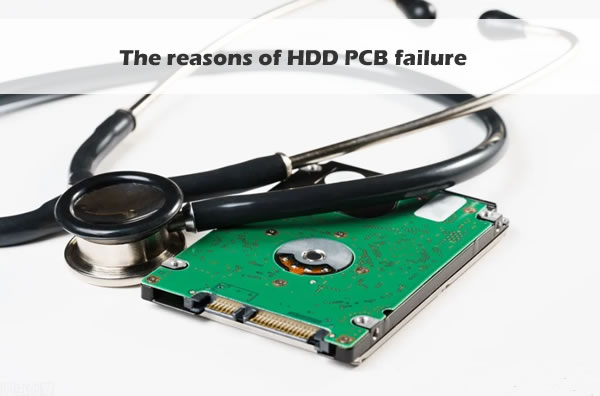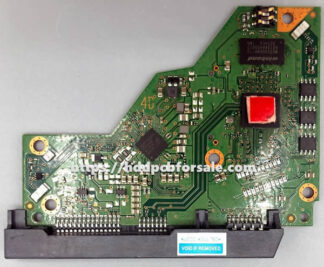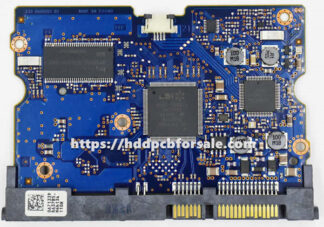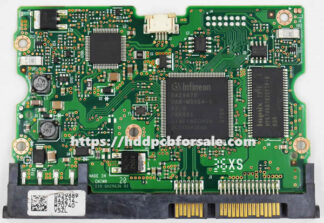
There can be several reasons for HDD PCB (Printed Circuit Board) failure. Some common causes include:
- Power Surge: A sudden spike in electrical power can damage the PCB, especially if the HDD is not adequately protected by a surge protector.
- Overheating: Excessive heat can cause the PCB components to degrade or malfunction over time, leading to failure.
- Physical Damage: Accidental drops, impacts, or mishandling of the HDD can result in damage to the PCB, such as broken traces or components.
- Manufacturing Defects: In some cases, PCBs may have inherent manufacturing defects that can lead to premature failure.
- Age and Wear: Like any electronic component, PCBs can deteriorate over time due to normal wear and tear, eventually leading to failure.
- Environmental Factors: Exposure to extreme temperatures, humidity, dust, or other environmental factors can contribute to PCB failure.
- Electrical Issues: Problems with the power supply or improper electrical connections can cause voltage fluctuations or instability, which can damage the PCB.
It’s important to note that PCB failure is just one possible cause of HDD issues. Other components within the HDD, such as the read/write heads or platters, can also fail and result in data loss. If you suspect a PCB failure or any other HDD issue, it is recommended to consult professional data recovery services for proper diagnosis and assistance.



